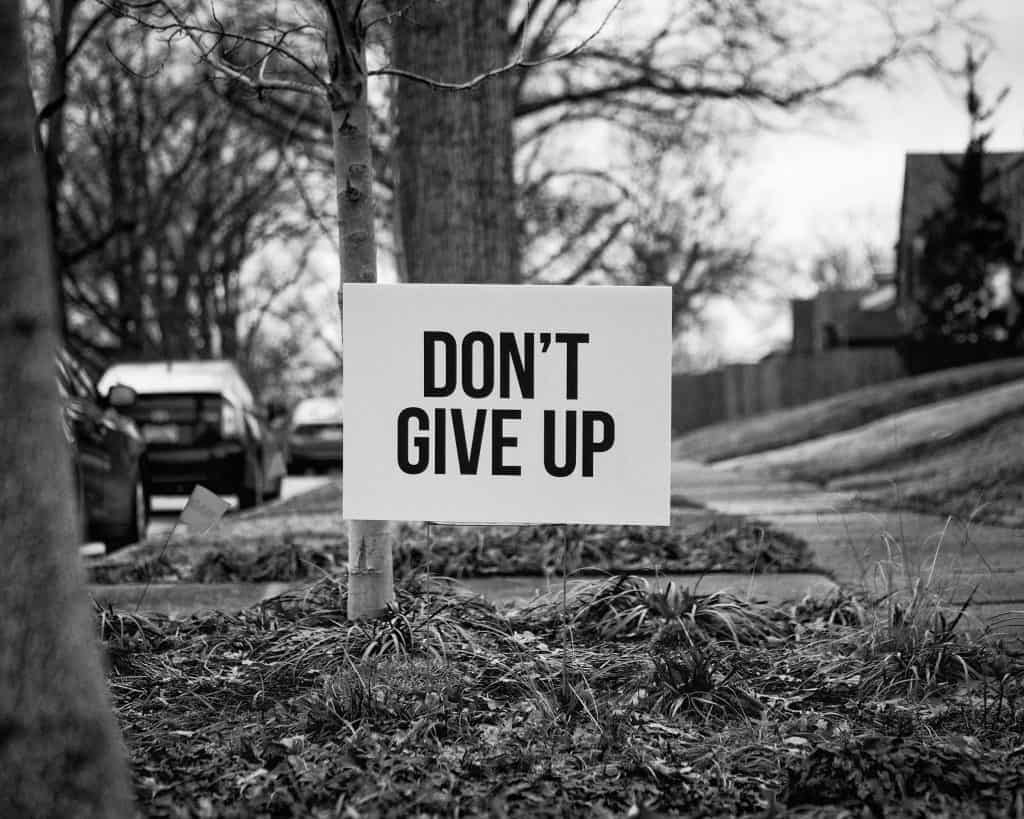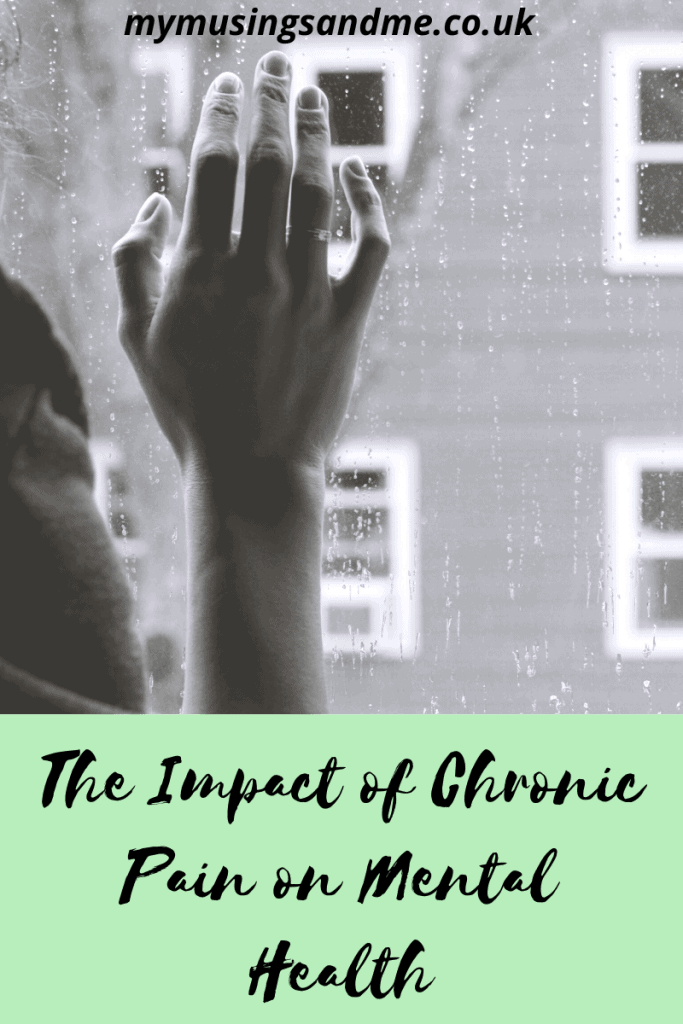This blog post on chronic pain was kindly written by Ann-Marie of Pathways Health. For more information about Pathways and for her social media channels please check below.
Living with chronic pain is difficult, and that’s putting it mildly! Understandably, the experience of living with chronic pain can markedly impact your mental health. I live with bipolar disorder along with fibromyalgia, and am all too aware how significantly my chronic pain affects my mental health on a day to day basis.
Impact of Chronic Pain:
Lack of Hope
There are many ways in which chronic pain can impact mental health. One of which is the lack of hope which often comes along with being a chronic pain patient. When I was first diagnosed with fibromyalgia I wasn’t offered treatment. I had no idea that there were proven, effective chronic pain treatments which could help me reduce my symptoms and reclaim much of my quality of life.

Unfortunately, I’m not alone. The majority of pain patients are given very little in the way of treatment options, and are left to cope on their own. When you have no hope for your symptoms ever improving and feel that you’re likely to be stuck in pain forever; it’s completely natural to feel hopeless.
It’s easy to see how once you start feeling hopeless, your mental health can quickly decline. And if this happens, it’s common to stop planning for the future or to feel like you’re never going to reach your goals. You might feel as though your life as you knew it is over. This can contribute to depression, anxiety, and a sense of despair.
Loss of Confidence
There are so many aspects of living with chronic pain which can reduce your confidence. Losing some of your independence and needing to ask for help with daily tasks can feel devastating. It can feel as though you are a burden on loved ones, and leave you feeling ashamed and guilty. This can cause worry about how you will be perceived by others and whether they will understand.
It’s common to feel angry or detached from your body because it’s ‘letting you down’. This is a very unpleasant feeling and can leave your body confidence in tatters. It’s also possible to lose your sense of self. When your life doesn’t look the way it did before and you aren’t able to do many of the things that you feel made you who you are (such as hobbies, interests, and even work). You can feel completely lost as to who you are as a person.
No Longer Being Able to Do Things You Enjoy

Reduced levels of functioning can mean you can no longer do things you enjoy. Whether it’s going out with friends, participating in a hobby, or getting outdoors: chronic pain can make things very tough. Not only does this impact your confidence as we previously mentioned, it can also leave you feeling very low. We all need those activities which bring us joy to make us happy in our lives. When our ability to engage with those things is taken away, it can feel devastating.
Financial Worries
Just as chronic pain can impact your ability to engage in hobbies, it can also lead to problems with work. We’re all individuals and our chronic pain will vary (particularly depending on how much treatment and support we’re able to access). This means that while some people will be able to work, others might not. For some, their chronic pain is so severe that they are unable to work at all. For others, they may only be able to work part time. Understandably this can lead to financial worries: the stress of this can contribute to depression and anxiety.
Depending on where you live in the world, living with an ongoing health condition can also be very costly. You may need to pay for healthcare, for treatment, for medication, for mobility aids and more! Not only do financial worries themselves contribute to poor mental health, they can also make you less likely to feel up to practicing self-care and to do simple things like visit family or have a day out. You may find that you’re experiencing sleepless nights, which in itself can be detrimental for mental health.
Social Isolation

Living with chronic pain can be incredibly isolating. This can be for many reasons. If you are the only one of your loved ones with chronic pain, you can feel very alone. Even when you’re surrounded by those who love you. It’s also common to withdraw from social activities, whether it’s due to reduced levels of functioning, or because you’re worried you won’t be able to keep up with friends.
There are so many reasons an individual with chronic pain might withdraw socially. We all need social interaction on some level to be happy. Being socially isolated is a major contributor for mental illness. It can leave you feeling very lonely and depressed.
Tense Connections with Loved Ones
Unfortunately, loved ones might not understand exactly how chronic pain affects us or why we behave in certain ways. It doesn’t mean they don’t care, but it can lead to tense connections. Loved ones may become frustrated with us through lack of understanding. Likewise, we may become angry or upset that they don’t understand what we’re going through.
Your loved ones may take on more practical responsibilities to help you. This can leave them feeling tired and sometimes irritable. The dynamics of the relationship may change as one person steps into a more caring role. As we mentioned earlier, needing help can make you feel like a burden. All of these feelings can cause tension, even in the most loving of families.
Tense connections with those you love can have a big impact on your mental health. You may feel responsible, or feel that you are unable to fix unhealthy relationships. This can be a very stressful situation. Particularly if you’re socially isolated and these are the only people you regularly interact with. This can leave you feeling even more alone and misunderstood.
Chronic Pain and Mental Illness Can Be Treated

All of these factors and more can worsen stress and impact your mental health. For those with pre-existing mental illness like myself, these factors can make it more difficult to stay stable and manage your mental illness symptoms. This all sounds really dire, but the good news is that there are ways to effectively treat both chronic pain and mental illness.
With the right treatment, chronic pain symptoms can be reduced and you can learn ways to better manage them. If you struggle with ongoing mental illness, therapy and medication can help you to get things under control. There is always hope! You can find ways to reclaim your life and thrive once again.
What are your thoughts on chronic pain? How do you manage? Let us know below.
This post was written by Ann-Marie D’arcy-Sharpe. She is 33 years old and lives in Scotland with her husband and lots of pets. She is a freelance writer, using her own experiences of chronic pain and mental illness to help others. Ann-Marie writes for Pathways Pain Relief, a chronic pain treatment app. You can follow her and find out more on Twitter.


This was really insightful to read- thanks for spreading awareness on this topic xx
http://www.dellalovesnutella.co.uk/
This hit the nail right on the head. I was diagnosed with a chronic illness about 6 years ago now and the impact was pretty severe. I ended up losing my job (and being unable to ever work a “typical” job again – hence blogging full-time). It has also taken a toll on my relationships and so much more. But it’s nice to know I’m not alone sometimes. I wouldn’t wish this on anyone, of course, but sometimes I feel so isolated. Thank you for these reminders and the boost of positivity as well.
Thank you so much for sharing Stephanie. We’re so sorry to hear what you’ve been going through.
We’re glad this made you feel less alone x
Thank you so much for opening up and sharing about such a difficult topic in such a positive way. This gives a voice and a light to those that are really struggling.